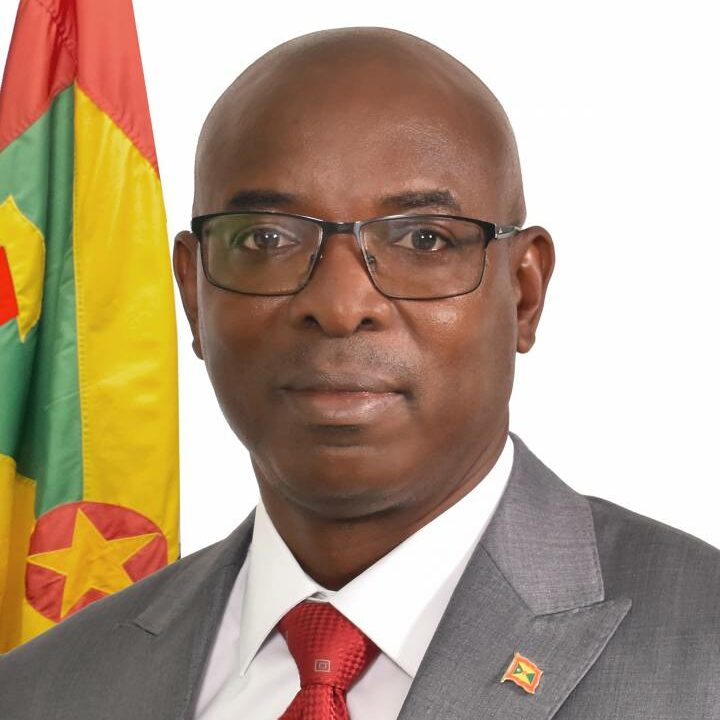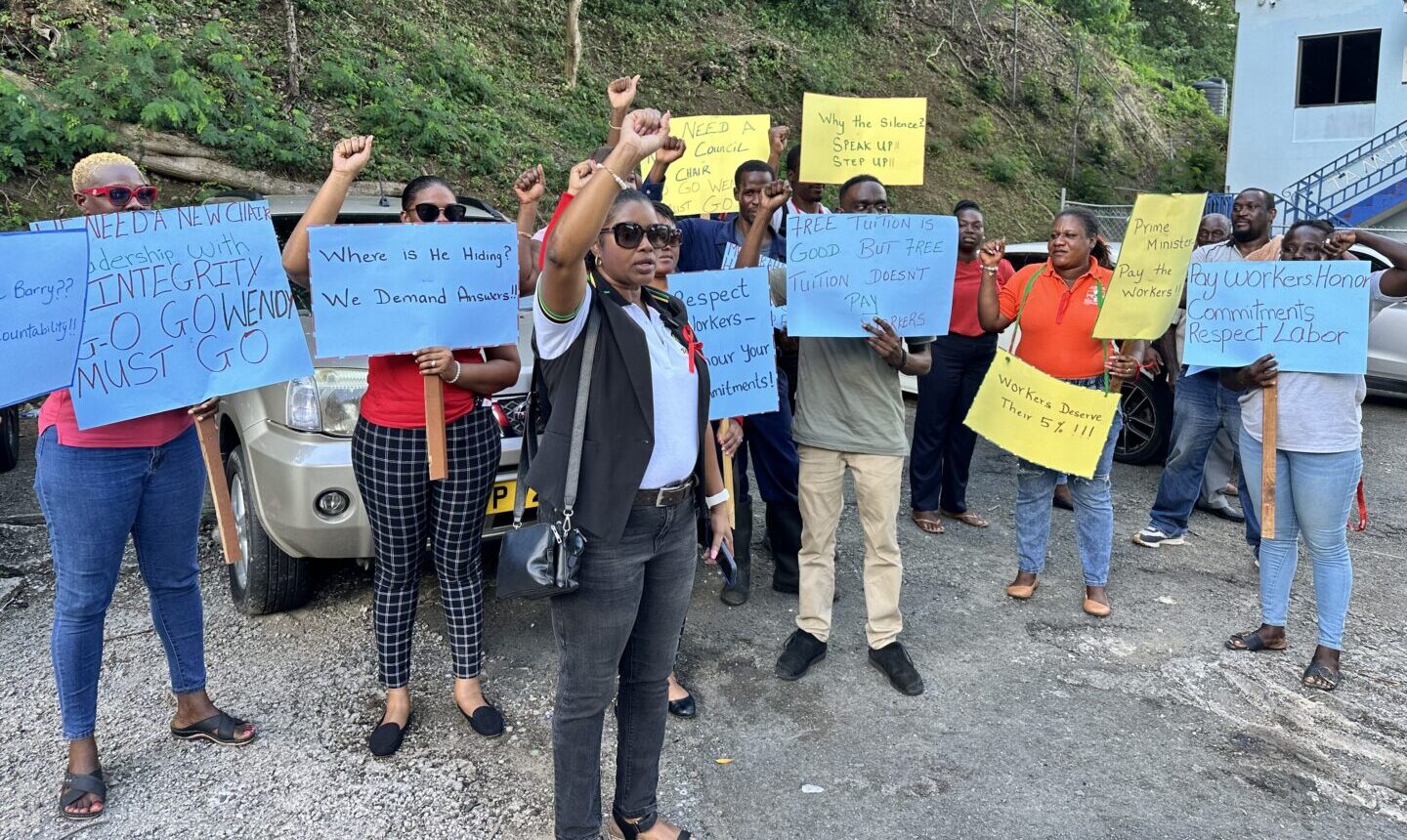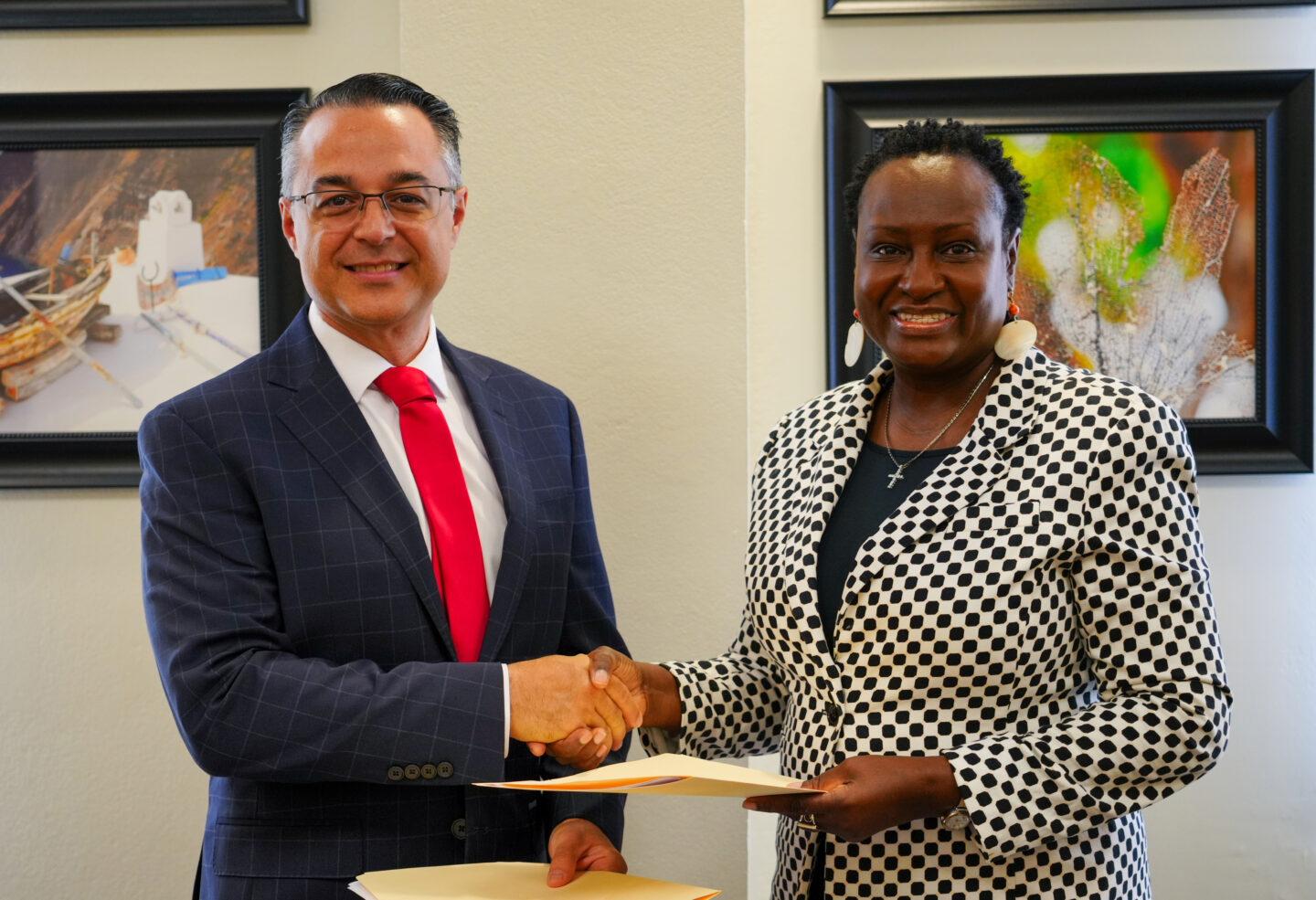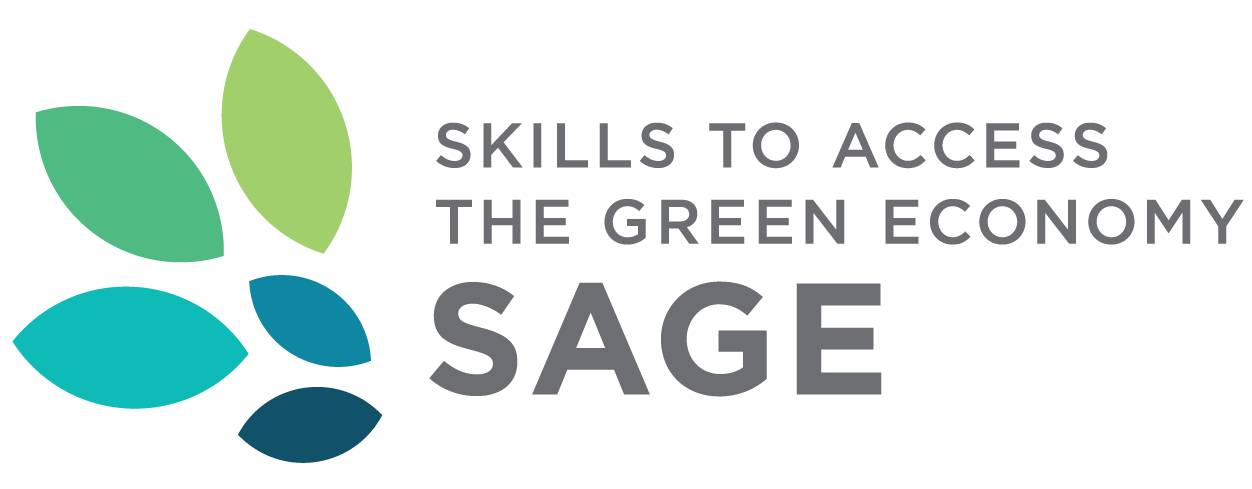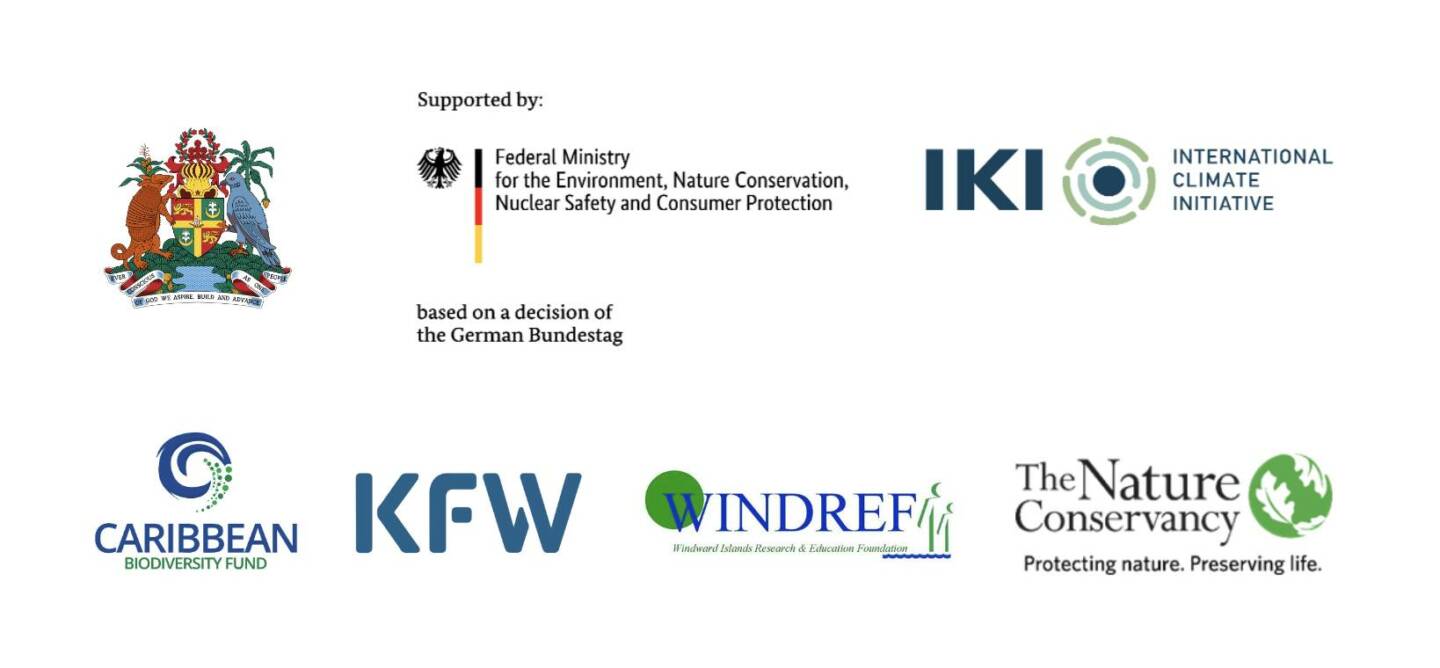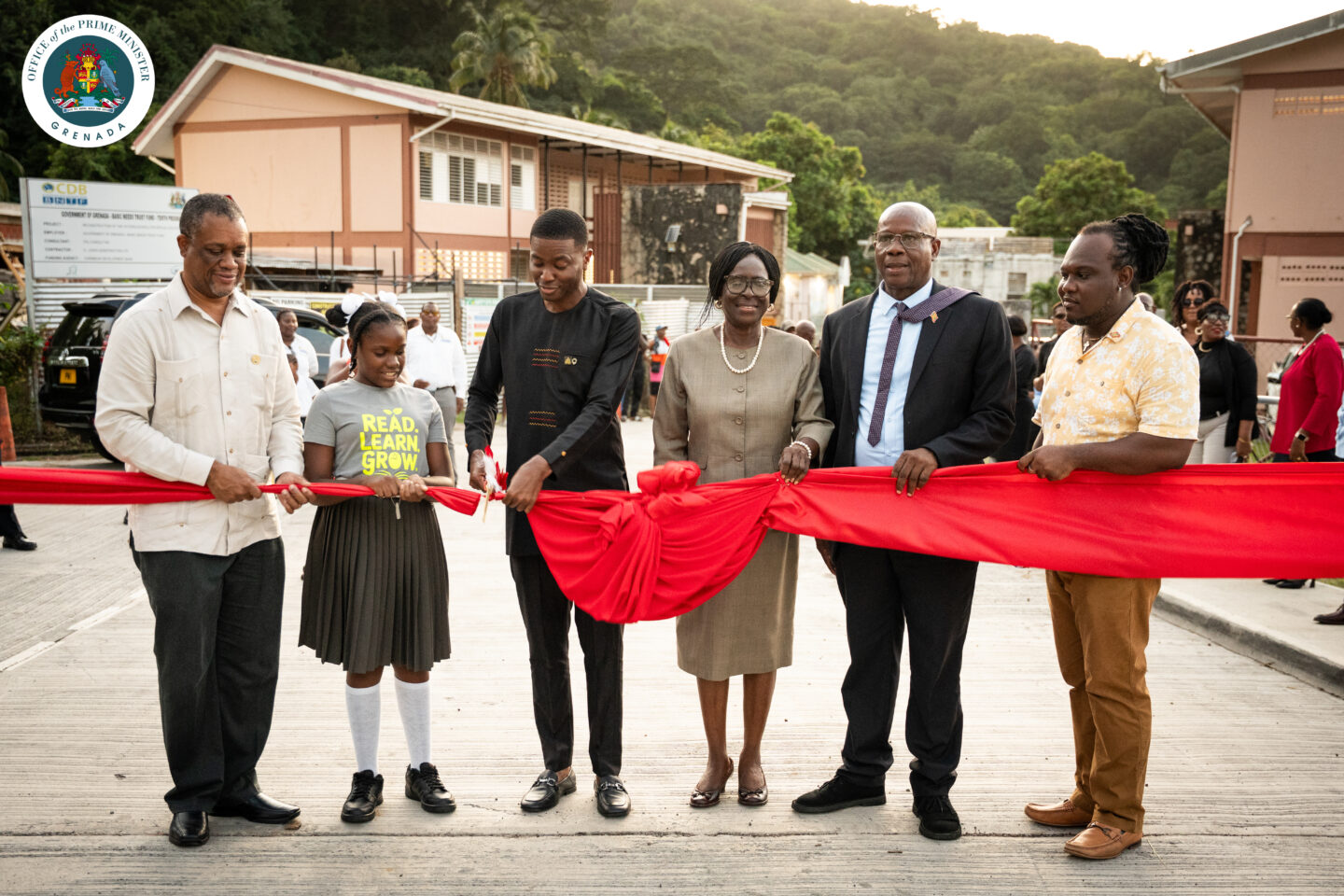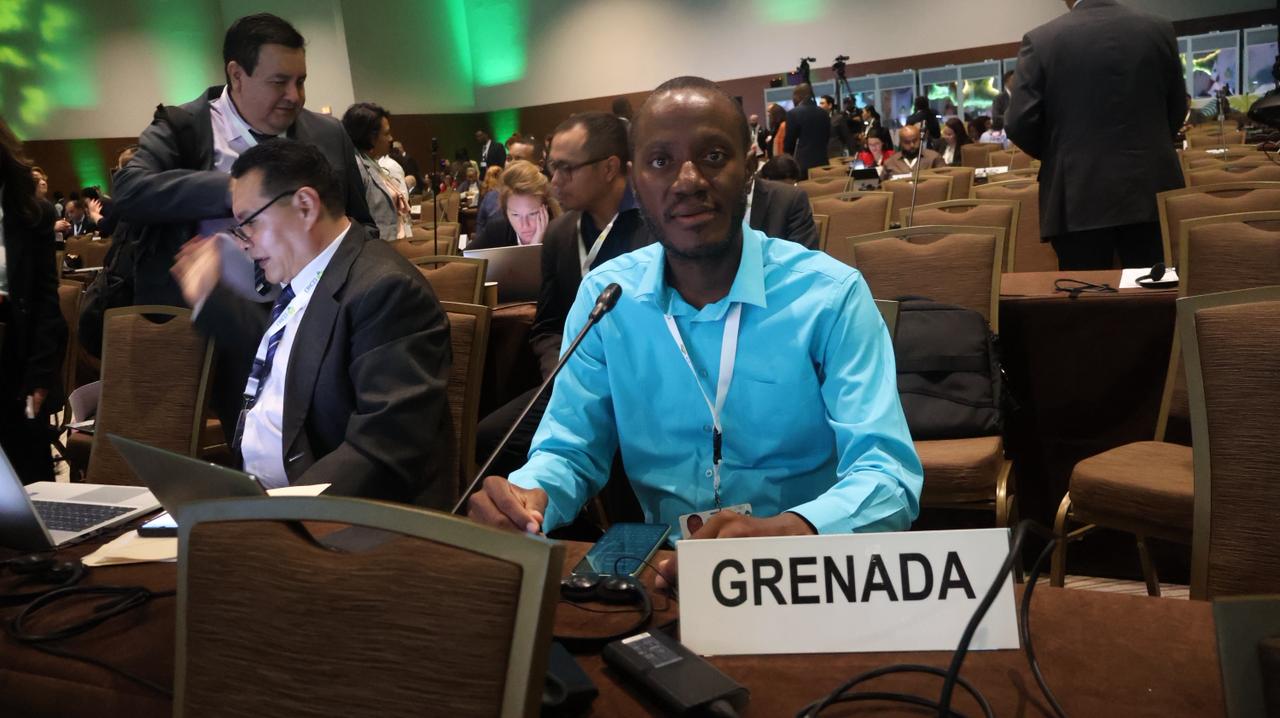The Government of Grenada will conduct its final securities auction of 2025 on December 15th, offering a 365-day Treasury Bill seeking to raise EC$10 million through the Eastern Caribbean Securities Exchange. This auction represents the culmination of Grenada’s annual borrowing activities on the regional market.
The investment instrument features a maximum interest rate of 5.0% and will be available for bidding between 9:00 am and 12:00 pm through the primary market platform. According to official documentation, Grenada has successfully raised over EC$110 million throughout 2025 across seven separate auctions, comprising four 91-day Treasury Bills and three 365-day Treasury Bills.
Proceeds from these securities offerings are strategically allocated to refinance existing Treasury bills and notes currently circulating in the market. This approach forms an integral component of the government’s comprehensive Debt Management Strategy, specifically designed to minimize borrowing costs by reducing dependency on overdraft facilities.
A significant advantage for investors lies in the tax-exempt status of yields, which are not subject to any form of taxation, duty, or levy by participating Eastern Caribbean Currency Union (ECCU) governments. This favorable tax treatment enhances the effective return for market participants.
Concurrently, Grenada has pioneered financial inclusion through its innovative Retail Bond Programme, launching an inaugural EC$5 million offering specifically tailored for individual investors. This initiative features an accessible minimum investment threshold of just $500, coupled with a 2-year investment term and tax-free returns. The program serves dual purposes of facilitating wealth accumulation while promoting financial literacy among first-time and small-scale investors throughout the Eastern Caribbean region.

